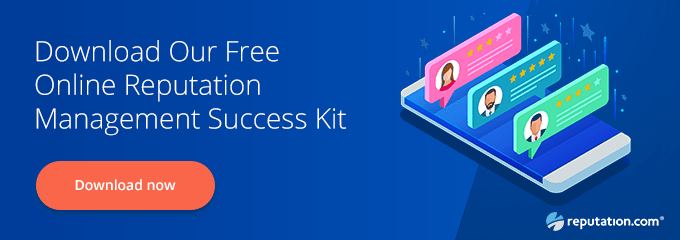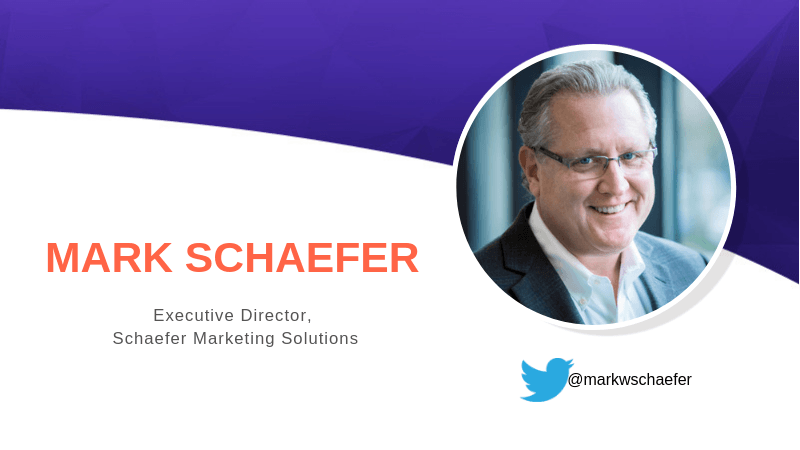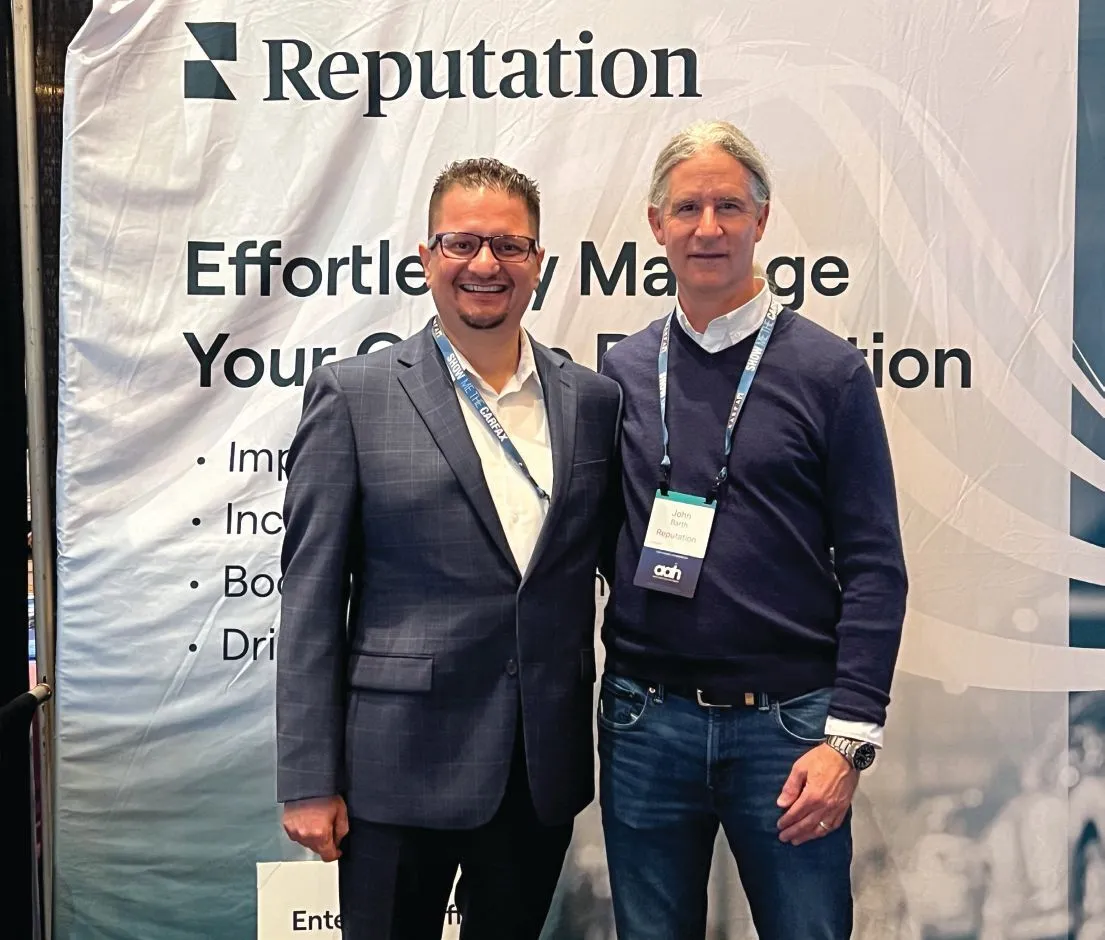Mike Taber is an entrepreneur, software engineer and podcaster who creates software solutions for fellow entrepreneurs and helps those starting new businesses through community support, education and training. Follow Mike on LinkedIn or check out his ventures Bluetick.io and FounderCafe.
Your LinkedIn profile reveals that you have created and run several companies. What are you doing right now?
I'm working on two projects right now. Bluetick.io is an automation tool for tracking and automating email follow-ups and is mainly used by sales professionals for following up on invoices, or sometimes to follow up on scholarship applications or organize events. Foundercafe is an online community for self-funded entrepreneurs to learn about various aspects of startups and small businesses. It grew out of another venture, Micropreneur Academy, and it is also related to a podcast I co-host with Robert Walling called Startups for the Rest of Us and the Microconf events that we host yearly in both the U.S. and Europe.
What are the most important elements of building a brand?
If you have a set of core values and stick closely to them, that helps tremendously. The basic things like honesty, integrity and manners matter. The simple way to put it is to do the right thing no matter what that happens to be. It goes a long way with people when you give them options along with a real sense of what the outcome is likely to be for each one. For instance, we have had to grapple with whether to give refunds when someone cancels their registration for one of our events. There are costs involved, especially when the cancellation occurs at the last minute, but there are also circumstances in people’s lives that necessitate them canceling, such as the COVID-19 crisis. We have had to balance this and do what we think is right in those circumstances, even if it means giving a refund past the expiration date at times.

How have you dealt with online reputation in your business ventures and branding?
If your sole goal is to wheel and deal and make a sale, that’s not necessarily helping everybody. Being willing to say "our product is not a good fit for you" and to be honest even if it means you don’t make the sale is the right thing. Some people will still want the product even after you try to dissuade them, but at least they’re not going to feel like you lied to them just to make the sale. When you’re being honest and doing the right thing, even if something negative happens, people are going to cut you a lot of slack. I’ve even had existing customers respond for me in those situations and defend my business rather than me having to respond myself. If you’re treating people like people, you’re bound to run into fewer problems than you would otherwise.
How is customer experience important in selling software and consulting services?
One of the things you can do to make sure you are providing a good customer experience is listen to customers and understand what’s important to them. For instance, in our first year doing Microconf, we planned the entire event in only 10 weeks. One of the things we didn’t anticipate or pay much attention to is that many of our attendees had special dietary concerns. This included gluten-free, vegan and various allergies and religious requirements for what they could eat. We learned by experience that it was important to ask on the application whether the applicant had dietary restrictions or special requests, and now we are able to accommodate these requests and make sure everyone who attends has food available that they can eat. Paying attention to what is important to each person is a crucial aspect of customer experience.
[tweet_box design="box_09" float="none"]"If you’re treating people like people, you’re bound to run into fewer problems than you would otherwise."[/tweet_box]
Does automating your sales process have any impact on your reputation? If so, what?
It does, but it depends a lot on how you do it. It is generally accepted in today’s business environment that if you can automate something and make your life easier, then you should do it. At the same time, you want to be sensitive to the people on the other end, such as making sure automated emails don’t look spammy, or they’ll probably end up in your junk mail. Whether it’s cold or warm email, what is sent needs to be relevant, which is not easy. If they aren’t relevant, however, you’re going to take a hit on your reputation, whether that’s mindshare or in your inbox when emails get filtered out or go unread. You can automate just about anything, but you do still have to pay attention to the details and whether it makes sense to go 100%, or go 80% and fill in critical details so that it will be more relevant to your recipients. The best automation processes are often a hybrid approach that allows customization for the right balance between automation and human touches.
What do you recommend brands do if they are the target of negative information online?
I think that what you do depends a lot on the situation. If the negative review is true, it’s best to own up to it. Being honest and saying that you dropped the ball is one of the better approaches in many cases. Admitting that you messed up can win back a great deal of mindshare from the person who is upset, because it’s not what they are expecting. If you make a public apology, admit what happened, and learn from your mistakes, it can really say a lot about your company—not just to that person, but to other people. Sometimes—like with Twitter—taking the conversation offline is appropriate because it is often not a great forum for honesty and transparency. In most cases, though, it’s best to let the whole conversation be public and show that you can take responsibility for your mistakes and that you will do your best to make things right. Responsiveness is good, but it doesn’t need to be instant or immediate to be effective, either. This interview has been edited and condensed. Learn more by downloading our free Online Reputation Management Success Kit.







